If you’ve not heard me use one of my favorite sayings, I’ll share it with you now. Researching online sources for your family genealogy only provides you with 20-25% of accurate information. This means that 75-80% of valuable treasures await you along your journey and they can be found offline. Many are shocked at this statement and at times, I get a look back in disbelief. Regardless of how many subscription websites you are committed to, the statistics are the same. Genealogy is and always will be best utilized by using the tools that are stored locally for several reasons. I will list the most important of these in this article as part of the Genealogy#OffTheGrid series.

When you think of online records, many hobby genealogists come to the conclusion that the answers only need to be found by using search tools. However; if you really stop and think about the information you’re viewing, you’re reminded that the original records are not shown. This is not true in all cases, but I’m referring to the majority here with this statement. In other words, online searches will most likely point you in the direction of another person’s work. That’s why I stress so much about not using public family trees as proof. The data may be fine for the author of the tree, but if you’re honest with yourself, I’m sure you’ll agree that public family trees are clues and hints only. If you stumble across a fascinating family tree and you make contact with the author, ask them one question. “May I see the proof?” If you don’t get the information or they are unwilling to share it, 9 times out of 10, they don’t have it. Verification is not present without the original proof to back up the roots of the tree. Without proof, you have no tree.

A Family Tree Without Proof Is Just A Tree
Online records are mainly comprised of a transcribed document from a person who dedicated themselves to research and to share. This is how majority of the big genealogy companies made their debut. A document that has been transcribed has the likelihood to contain mistakes, misspellings and all of the information from the original source. Your ancestor may be listed on the actual document, but due to haste, mistakes and the personal goal of the transcriber, the information is not available to you. It’s not the fault of the transcriber if you use their information. What you allow on your family tree is the result of your actions only.
Social media sites are well-known for talking points regarding genealogy research. And, often times, you will find actual documents posted with details. For me, personally, this creates a conversation platform and a possible relationship with a source. It’s a beginning step to learning the process of offline research. I say this because, most libraries, historical societies and genealogy organizations on a local level can be found on social media. It’s a great contact tool to get you started on the offline road.

Offline Records Contain The Details & The Proof
So, exactly what can offline searching do for you and your family history? It’s all about the details !! A person’s life is not comprised of names and dates only. It develops overtime with a unique personality, duties, hobbies and various characteristics, events that form a span of years. These are just a few of the items that cannot be found using online sources. So, why put limitations on your research without first expanding to see what lies on the offline path? I correspond using email and my phone and have received thousands of documents over the years. In doing this, not only have I proved the existence of my ancestors, but I also learned more about them. Where they lived, where they worked, where they attended school, where they worshipped. Holding these records in your hands, viewing the signature from an 18th century document allows you to experience the real feelings associated with family history. There are no words that can accurately portray this. When you’ve reached this point, believe me, you’ll know. At that moment, you will never forget the journey you took to get there and you will always strive to learn more as you research further with your family lineage.
I am asked constantly about my feelings with DNA test results and I’ll just scan the surface here for just a minute. I think DNA testing is great. I’m happy that genealogy is taking a first class seat with modern technology. However; DNA testing is not considered as proof of your relationship to your ancestor. There are missing steps with the process. The results may link you to a relative, but it doesn’t trace the steps from YOU to that person. As with anything we try, we take it for what it’s worth and apply it accordingly among our branches. DNA testing is an excellent clue that can point you in the right direction for research.

In all honesty here, what every family historian strives for is the truth and nothing less. Family is personal, it affects us the most during our daily lives. Genealogy research is treated the same as it is a personal journey through the past in attempts to locate great-great-great grandfather and his family. You owe it to yourself to embrace the task and not limit your journey. If you do, you will regret it years later. What does it take to prove an ancestor? In reality, it’s a combination of resources. If you are using one document to prove Uncle Joe, it’s not enough. The proof is accomplished with the paper trail of legal documents combined with other resources. And that my friends, is the main reason I encourage you to be concentrating offline versus online.
I hope this helps to answer questions you may have concerning this topic. As always, I’m here for you all. If you have any questions, comments or suggestions, let me hear from you. The main thing is to enjoy your quest on finding your ancestors. You will experience a completely different path when researching offline and the treasures will be amazing.
Enjoy Your Journey Today !!

Categories: Genealogy #OffTheGrid
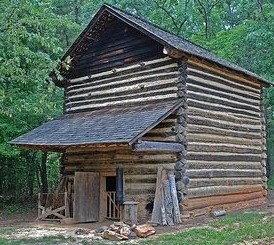
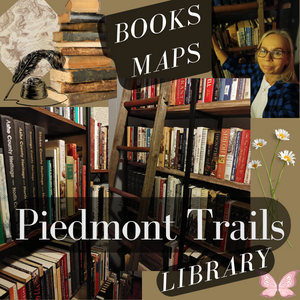

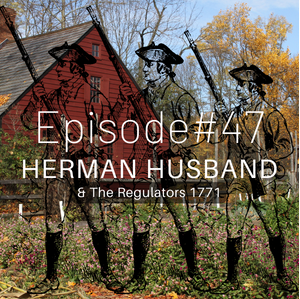
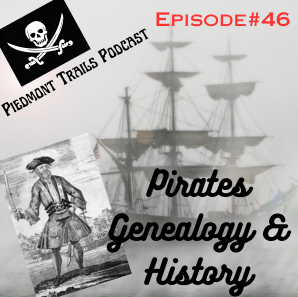
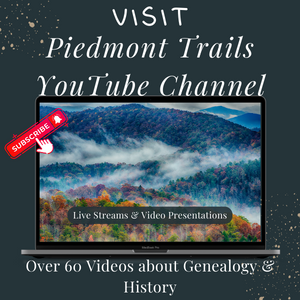


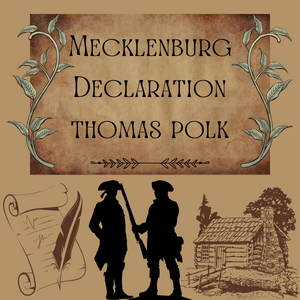
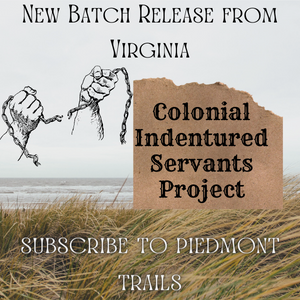

You are absolutely right here! I never consider any relationship until I have absolute truth, such as a document!!
LikeLiked by 1 person
I totally agree about not using other people’s online pedigrees or other dubious sources, but you neglected to mention that the internet is now full of great repositories of primary source documents with scans of the original document. The Library of Virginia has Chancery Court Case files with all the documents from that case online in PDF form. It’s a treasure trove of information, I’ve found suits contesting wills that provided the names of heirs and all manner of other information I had looked for for many years.
And Family Search’s online catalog contains court minutes, probate records, deeds, tax lists and multiple other documents with scans of the original pages of the deed or will book. Some marriage records even contain scans of notes from the parent of the individuals giving consent for under age children to marry. Again, more treasure troves.
Through these sources, I have a collection of signatures of ancestors so I can use those scans to differentiate between all the myriad of William Reeves across North Carolina in the 1700’s.
Please don’t discourage researchers from using these sources. We don’t have to drive 1000 miles to search the courthouses anymore. But after you’ve sat at home or at a computer in a Family History Center finding your documents on Family Search, you can spend time on your genealogical road trips prowling through cemeteries, riding back roads to find water courses and other landmarks to identify tracts of land owned by your family, etc.
LikeLiked by 1 person
Hi Beverly, I am in no way discouraging researchers from using online sources. What I am doing is encouraging researchers to use offline resources as well. Many today don’t even think about using offline materials for several reasons. One, they are simply not aware of their existence and two, they don’t know where or how to look for them. I’ve researched my family genealogy for over 35 years and in many cases, I’ve lived thousands of miles away from the offline resources. But, using communication skills and contacting the correct people, I was able to retrieve the documents associated with my family. Many of these documents, I share with all of you on Piedmont Trails. I appreciate your comment and wish you the best of luck with your research. Enjoy Your Journey !!
LikeLike